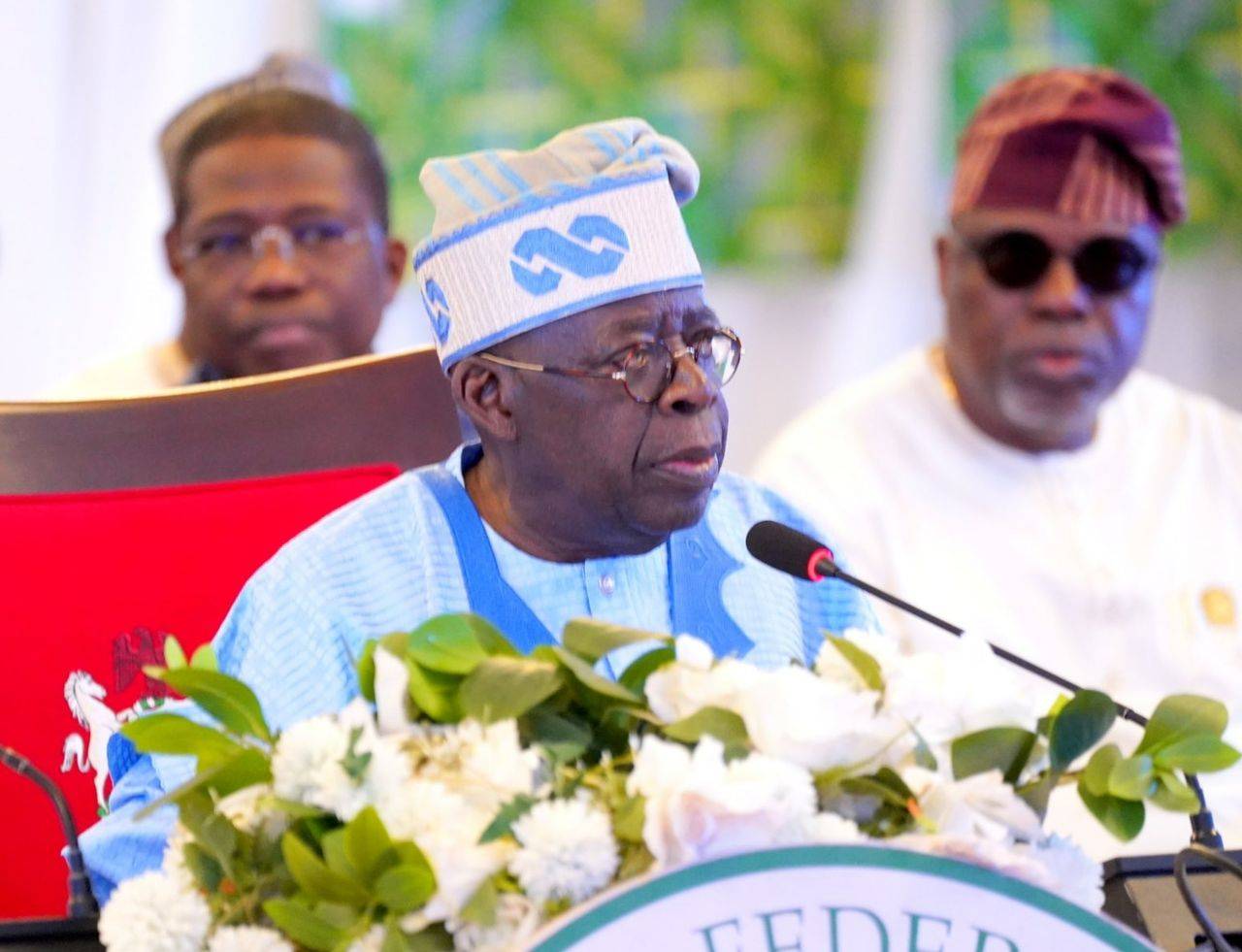…As UPDC Real Estate, 23 stocks lead exchange’s N12b loss
Vice President Yemi Osinbajo has stated that there is a need for the Nigerian Exchange Limited (NGX) to woo financial technology (Fintech) firms raising capital beyond the shores of the country to the nation’s bourse to deepen the market.
Osinbajo, who spoke at the 2021 Capital Market Conference, held in Abuja yesterday, expressed concern about the inability of Fintech companies and start-ups to access funds from the capital market.
He said the sustainability of Nigeria’s Fintech ecosystem would require existing and emerging financial services startups to have access to the capital market.
According to him, attracting the fintech unicorns to the market as a viable option for capital raising would give more investors the opportunity to benefit from the growth of these companies and create wealth for the economy.
He stated that Nigeria needs to develop robust venture capital and private equity funds to support small businesses that have significant growth potential.
Nigerian Fintechs are approaching investors and are getting funded, especially from venture capitalists (VC) in countries such as the United States, the United Kingdom, Switzerland and Belgium. From these offshore destinations, these Fintechs have raised some $876.5 million in the last six years.
From 2014 to 2020, for instance, fintech raised about $600 million in funding, attracting 25 per cent ($122 million) of the $491.6 million raised by African tech startups in 2019 alone – second only to Kenya, which attracted $149 million.
Osinbajo insisted that with the current transformation of the exchange as a demutualised entity, there is a possibility to redefine the market for international competitiveness.
“Your strategic focus on technology to bring a new crop of young investors who engage in commerce and banking activities through digital processes puts us in an auspicious position to bring in youth investors to the capital market.
“We must enhance policies and the ability of fintech companies to raise capital faster so that investors can look forward to seeing more faster-growing companies listed on the exchange,” he said.
Also speaking at the event, the former Governor of the Central Bank of Nigeria, Sanusi Lamido Sanusi, said the capital market, if well explored, could create sustainable funding for fintech companies.
However, he stated that there was a need for active involvement of all stakeholders to promote a robust public-private partnership arrangement that would attract huge private sector funding and drive the growth of the capital market.
Earlier, the Chief Executive Officer of the NGX, Temi Popoola said the exchange is working out modalities to address major constraints inhibiting the participation of fintech in the market.
He assured stakeholders that the exchange would leverage its robust technology to drive the capital market and create wealth for the wide range of the nation’s population
“We are convinced that the big part of the discourse is around technology. We will leverage technology to create a capital market that is vibrant enough to drive all the challenges we have.”
Meanwhile, the Nigerian equities market sustained a sliding profile at the end of yesterday’s transactions on the NGX, as more blue-chip stocks, especially UPDC Real Estate Investment depreciated in price, resulting in a further slide in market capitalisation by N12 billion.
At the close of trading yesterday, the All-Share Index (ASI) dropped by 22.89 absolute points, representing a decrease of 0.05 per cent, to close at 43,248.05 points. Similarly, the market capitalisation declined by N12 billion to close at N22.567 trillion.
The market’s negative performance was driven by price depreciation in large and medium capitalised stocks which are; UPDC Real Estate Investment Trust, Guaranty Trust Holding Company (GTCO), Guinness Nigeria, Union Bank of Nigeria (UBN) and Zenith Bank.
Analysts at Afrinvest said: “In the next trading session, we expect the bearish performance to continue in the absence of any positive catalyst.”
As measured by market breadth, market sentiment remained negative, as 24 depreciated in price while 12 others constituted the gainer’s chart. AIICO Insurance recorded the highest price gain of 9.21 per cent, to close at 83 kobo per share.










